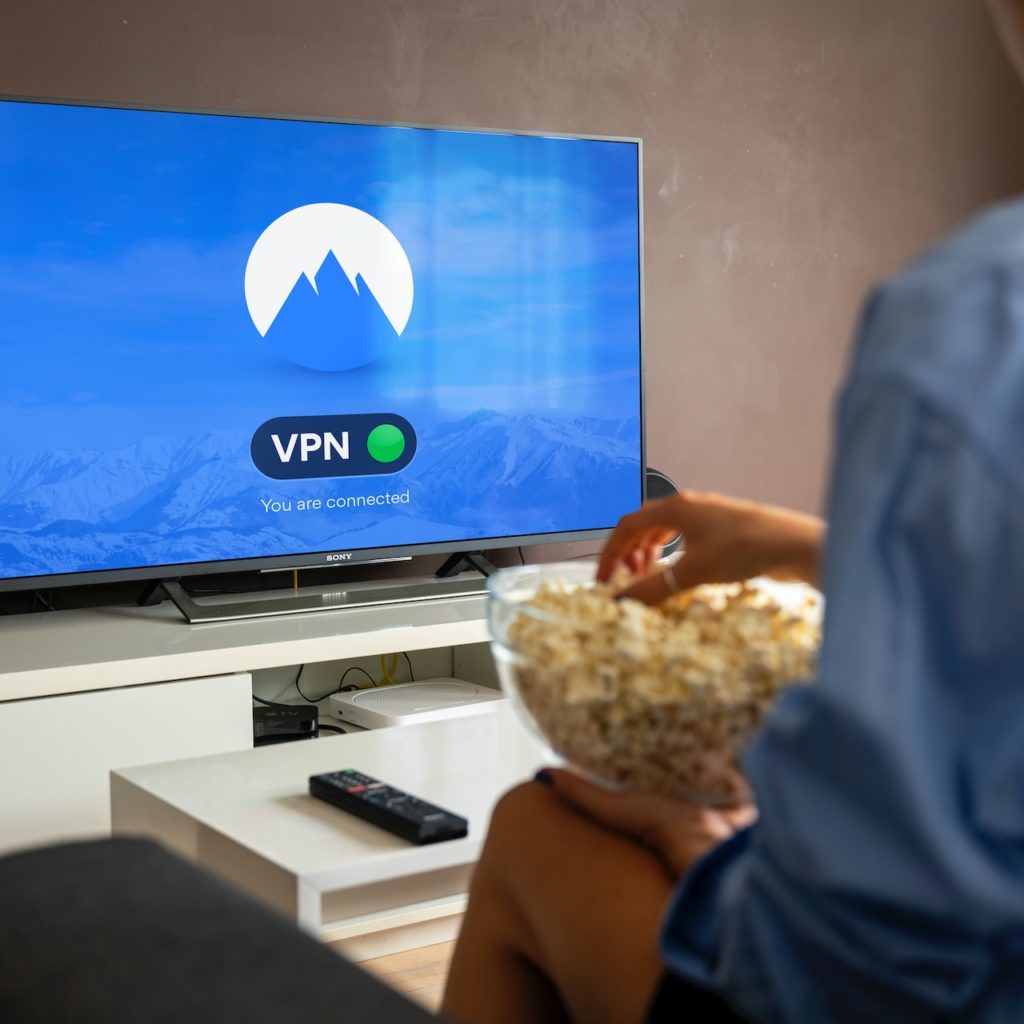
The Linux operating system takes up a tiny portion of the market because it appears daunting to the average person. It’s commonly known as the hacker-preferred OS controlled primarily through the command line. Meanwhile, the typical Windows and Mac user probably doesn’t even know what a terminal is.
It might be easier to persuade people to switch to Linux if more services had a familiar GUI (Graphical User Interface). At the same time, they should support the beloved command line to appeal to die-hard Linux enthusiasts.
Let’s begin with VPN (Virtual Private Network) services including Express VPN download, as these tools are essential cybersecurity and online anonymity tools. We compiled a short list of three providers that offer both GUI and command line options for Linux.
What is a VPN?
First, let’s introduce VPN services to the uninitiated. Virtual private networks act as intermediaries between you and the world wide web. These services offer thousands of servers worldwide, allowing you to connect to them and thus change your location. Furthermore, your online activities will be encrypted and undecipherable to unwelcome onlookers.
These perks provide a fair number of benefits. For starters, connecting to a remote VPN server hides your IP address and makes it appear you’re located elsewhere. This significantly improves your online anonymity and makes you harder to track.
Spoofing your location will also unlock geographically restricted content. These foreign goods include movies, TV shows, video games, online publications, and countless other resources.
Besides entertainment, a VPN is vital for online security. To be precise, the encrypted tunnel makes your activities unreadable to your ISP (Internet Service Provider), web administrators, and nefarious hackers on the same network. Not only that, you’re protected against unwelcome intrusions, such as man-in-the-middle and DDoS (Distributed Denial-of-Service) attacks.
As you can see, a VPN is a critical security tool regardless of your preferred OS. However, it won’t protect you on all digital fronts. Therefore, you should learn more about the intricacies of cybersecurity and its importance. You can do so on the Cool Tech Zone website and its vast library of informative articles.
Should you use a VPN with a GUI or command line?
You may think that picking between a VPN with or without a GUI is a matter of personal preference. However, that’s not necessarily the case if you’re after the most feature-rich tool.
For starters, minimalism is one of the main appeals of command line interfaces (CLIs). The applications have meager system requirements and use a sliver of resources to run in the background. At the same time, you’re missing out on useful bonus features, such as ad blocking and a kill switch.
On the flip side, GUI apps hog more resources but also grant a more substantial feature arsenal. For example, you can access specialized servers, easily switch between tunneling protocols, and customize various settings. Naturally, the extent of customization depends on your chosen VPN provider.
And so allow us to present you with three worthwhile VPNs that support both GUI and CLI approaches.
Top 3 VPNs with and without a GUI
Before we continue, it’s important to note that the most trustworthy and effective VPN services require a premium subscription. You may find worthwhile free options, too, but don’t expect stellar results. And with that out of the way, behold the best VPNs for Linux.
-
Surfshark VPN
Surfshark VPN offers the best price-to-performance ratio to Linux fans and other OS users. The service is affordable, ultra-secure, and grants ludicrous speeds with the open-source WireGuard protocol. The Linux GUI app will be recognizable to anyone switching from mainstream operating systems. Naturally, it’s also easy to use and packed with the best features Surfshark has to offer.
One Surfshark account supports unlimited device connections, making it an ideal choice for securing every device in your household. This is further supported by its abundance of dedicated apps for various platforms and devices. Plus, it has a 30-day money-back guarantee and a 7-day trial on the most popular mobile app stores for care-free testing.
-
Proton VPN
Consider Proton VPN if you’re looking for an all-in-one cybersecurity solution for your daily needs. Besides an excellent VPN, the provider offers encrypted email, cloud storage, and calendar services. Most importantly, these tools are available for free if you’re completely broke and don’t mind a few drawbacks.
Proton VPN grants top-notch anonymity because it operates from privacy-respecting Switzerland. Additionally, the underlying infrastructure was independently audited by experts, while the software is open-source for further public scrutiny. This makes the provider exceptionally reliable and trustworthy.
-
Mullvad
Go with Mullvad if absolute online anonymity is a priority for you. The Sweden-based provider supports confidential payment methods like cryptocurrencies and cash. Furthermore, sharing any personally-identifiable information is unnecessary when creating an account. Plus, the provider’s adherence to customer privacy is confirmed through multiple third-party audits.
Connection performance will be stellar, thanks to the modern and effective WireGuard protocol. Naturally, you also gain an impressive selection of bonus security and privacy tools for masking your online activities. Finally, Mullvad stands out with its unchanging price tag of €5/month, regardless of your subscription duration.
Conclusion
The Linux OS has a small but dedicated user base that usually prefers controlling everything through the command line. However, services with a GUI can appeal to newcomers looking for more approachable and familiar tools.
We picked three VPN services that adequately serve die-hard and fresh Linux users on the cybersecurity front. However, let me remind you that a virtual private network isn’t the only thing you need for online protection. Therefore, don’t forget to check out the Cool Tech Zone website for in-depth information about the ever-changing digital security industry.





